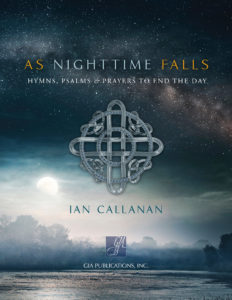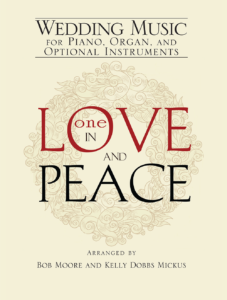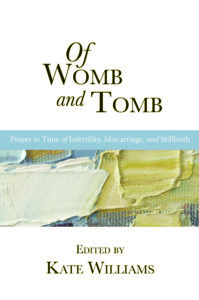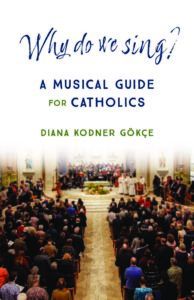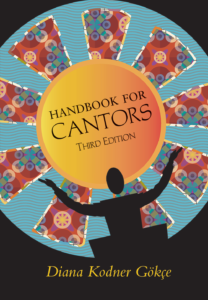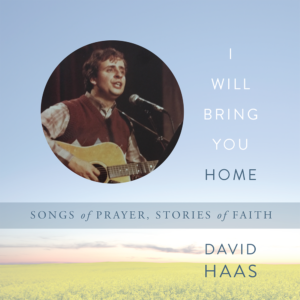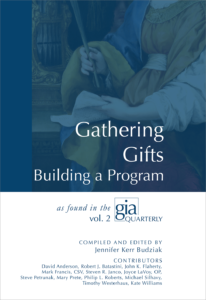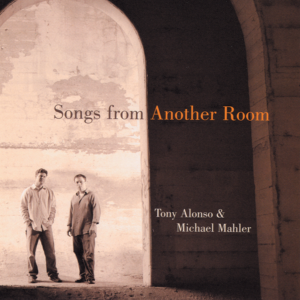When my daughter was born in early May about 14 years ago, I remember a brief moment of feeling a little luxurious that I suddenly, for the first time in decades, found myself not at church on that first Saturday in May. (It was a very small feeling of luxury; on that first Saturday in May had probably not gotten more than an hour of sleep at a stretch in days, and if you’ve never done it, let me make you aware that those first days and weeks after childbirth are no walk in the park for the human body. I’m not sure I could have gone for a walk in the park at that point anyway.) Of course, it was not long before I realized that this also meant that every year on the Saturday nearest my daughter’s birthday I would be spending a large amount of the day at church—celebrating multiple First Communion services, rather than staying home making pancakes or going on day trips to fun places or planning elaborate birthday parties at home.
(Birthday parties at home with a bunch of small children—also not a walk in the park, in case you were wondering.)
Even so, First Communion season is a part of my work as a music minister that I really enjoy. The joy, the festivity, the bright shining faces, the pride and teary eyes of the parents—it’s a beautiful thing.
Still…like all of our work and ministry, our shaping of these liturgies will enable them to be stronger and more effective if we are able to step back a little from time to time, try to shed our assumptions, and see what’s really happening. If we remember to peel back the layers of “we’ve always done it this way” and see what of those “always” things are helpful and life-giving, and whether perhaps some of them are in some way hindering the larger vision and mission.
And what is that larger vision and mission?
We are here to form disciples.
I’m going to say that again: Our mission is to form disciples. Our vision must focus on forming disciples.
At least, we hope that’s the vision and mission. If it doesn’t boil down in some way to this, then I’m not sure what we’re about. If we do not keep that in mind, at the forefront of our ministry and catechesis and planning and prayer and music, then we lose the heart of what we are there for.
I would submit that, where First Communion is concerned, we may sometimes lose sight of that mission and vision, perhaps replacing it with one that looks more like “to give the children a special day they will never forget.” Peeling back more layers, we may come to, “to give the children and their families a day they will never forget,” or even “to give the children and their families a day like the one their parents remember, that they will never forget just like their parents remember theirs.”
This is a perilous direction to go in. Not that we don’t want to make this day special and wonderful, and never to be forgotten, for children and adults alike, but that cannot be the core value we hold when we plan and prepare for the liturgies of this day.
For example, let’s look at the process of music selection for liturgies where First Communion is celebrated. Many places where I have ministered and worshiped have the tendency to select for this liturgy music drawn primarily from the school and religious education programs—essentially, music written expressly for small children. It’s an understandable choice, especially from the “make this a special day” perspective, to choose music that speaks expressly to those who are the focus of the day…
Except that the children are not the focus of the First Communion liturgy. Jesus is the focus, the Body of Christ is the focus, the children taking their place at the table is the focus.
Choose music from the parish repertoire, music they will hear on Sunday when they come back to church. Choose music they will connect with the wider community, and with their place in it in the years to come. Choose the music they have sung or heard sung during the Communion procession since they were old enough to hum along with familiar tunes even before they could read, and when the hymnal was too heavy to hold. Choose music their parents can sing with them, music their families visiting from other churches are likely to know as well, so that the sound of the adults’ voices around them can surround them with love and warmth and welcome.
This does not mean, of course, being oblivious in the planning process that this liturgy will have large numbers of children present and taking part, as well as guests and family members who may or may not all be active and practicing Catholics. This would not be a time when I would program “Lord, you give the great commission” or other of the wonderful but wordier strophic hymns that form such a rich part of our musical heritage. I would suggest looking to music with fairly contained tessitura and range, and leaning to more refrain-based songs and hymns. I can tell you that my own kids rarely went around the house during the week singing songs from their catechetical programs, but the regular songs from the Sunday liturgy would be discernable under their breath fairly frequently.
Remember too that this intermingled repertoire can work both ways. If there is a favorite song that has been used at First Communion for many years, even if it may be a little more child-like than the Sunday community would normally sing, consider using it on a few Sundays during the year in the months leading up to the First Communion celebration.
Obviously this whole line of reasoning is heading right back to that topic dearest to my heart, which I espouse over and over again whenever I have the opportunity: Plan your year’s liturgical music early, look at the year as a whole, and know what’s coming up.
It’s all connected.
(Part 2 of this series will look at some specific strategies and repertoire ideas…because no matter how well you plan, getting the assembly at First Communion liturgies can be a challenge…)




